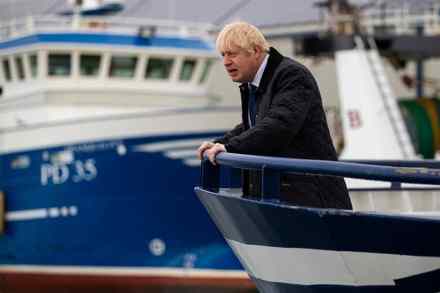The WFH bubble has burst
We would work over Zoom. We would all exercise on our Peletons. We would order in organic vegetable boxes, stream live shows, and network globally from our kitchens. At the height of the pandemic, with most of the major economies locked down, a group of work-and-live-from home companies boomed. And yet, right now that is starting to turn. The headlines might be dominated by stories of a stock market crash. In fact, however, something else is happening. The WFH bubble is bursting. There are a whole series of reasons why the stock market has turned very wobbly this month. Inflation is soaring and central banks, led by the Federal Reserve,




















